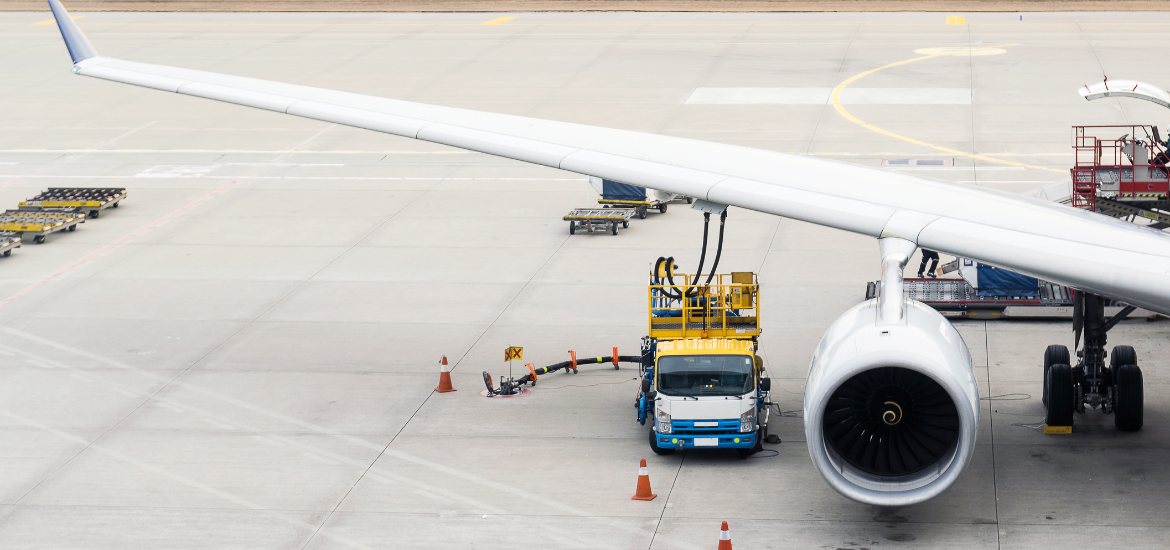
Jet Fuel
Other Names
Jet fuel, also known as aviation turbine fuel (ATF) or aviation kerosene, is a specialized type of fuel designed for use in aircraft. It is categorized into several grades, with Jet A and Jet A-1 being the most commonly used in commercial aviation. Military aviation often uses a different variant known as JP-8. These names and grades reflect the specific requirements and performance standards necessary for various aviation applications.
Usage
Jet fuel is the lifeblood of the aviation industry, providing the necessary power to propel aircraft at high speeds and altitudes. Its primary use is in the engines of commercial airliners, cargo planes, private jets, and military aircraft. Jet A and Jet A-1 are used worldwide in civilian aircraft, while JP-8 is employed by military forces for its additional additives that enhance performance and stability under various operational conditions. The efficiency and reliability of jet fuel make it indispensable for the aviation sector, supporting global connectivity and commerce.
Production Process
The production of jet fuel begins with the refining of crude oil. The crude oil undergoes a distillation process in which it is heated and separated into various components based on their boiling points. The middle distillates, which include kerosene, form the basis of jet fuel. Further refining processes, such as hydrotreating, are employed to remove impurities like sulfur and to improve the fuel’s thermal stability and combustion properties. Quality control is paramount, with stringent testing and certification ensuring that the fuel meets international aviation standards.
Transportation and Storage
The transportation of jet fuel is a highly regulated and precise operation. It is typically transported from refineries to airports through pipelines, tankers, and railcars, depending on the distance and logistics involved. Pipelines are the most efficient means for long-distance transport, ensuring a continuous and secure supply. For shorter distances or specific requirements, tanker trucks are used to deliver fuel directly to airports.
Storage of jet fuel at airports requires specialized infrastructure to maintain fuel quality and safety. Large storage tanks, often located in secure, designated areas, are equipped with features to prevent contamination and degradation. These tanks are designed with floating roofs to minimize evaporation losses and are regularly inspected and maintained to ensure integrity. The fuel is then transferred to refueling trucks or hydrant systems that deliver it directly to aircraft. Stringent handling procedures are followed to prevent contamination and ensure that the fuel remains within specification from refinery to aircraft.
In conclusion, jet fuel is a critical component in the aviation industry, enabling safe, efficient, and reliable air travel. Its production, transportation, and storage are meticulously managed to meet the highest standards of quality and safety, ensuring that aircraft can operate smoothly and passengers can travel with confidence. The Lubricants & Petrochemicals company takes pride in delivering top-grade jet fuel that meets the demanding needs of the aviation sector.